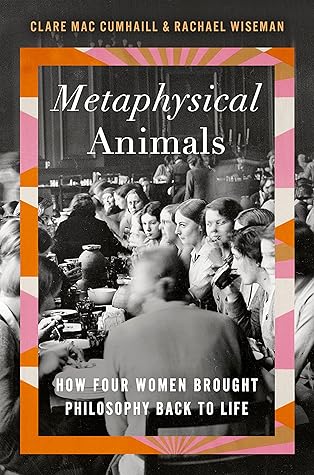For Realists Ross and Prichard, moral statements were subject to objective standards of correctness – standards which they understood as residing in an independent moral reality. For Ayer they were expressions of emotion, communicating subjective feelings. For Hare, they would be prescriptions or imperatives, employed to recommend or oppose courses of action. A moral judgement, Hare argued, is akin to an order: ‘Do it!’ or ‘Don’t do it!’
Welcome back. Just a moment while we sign you in to your Goodreads account.


